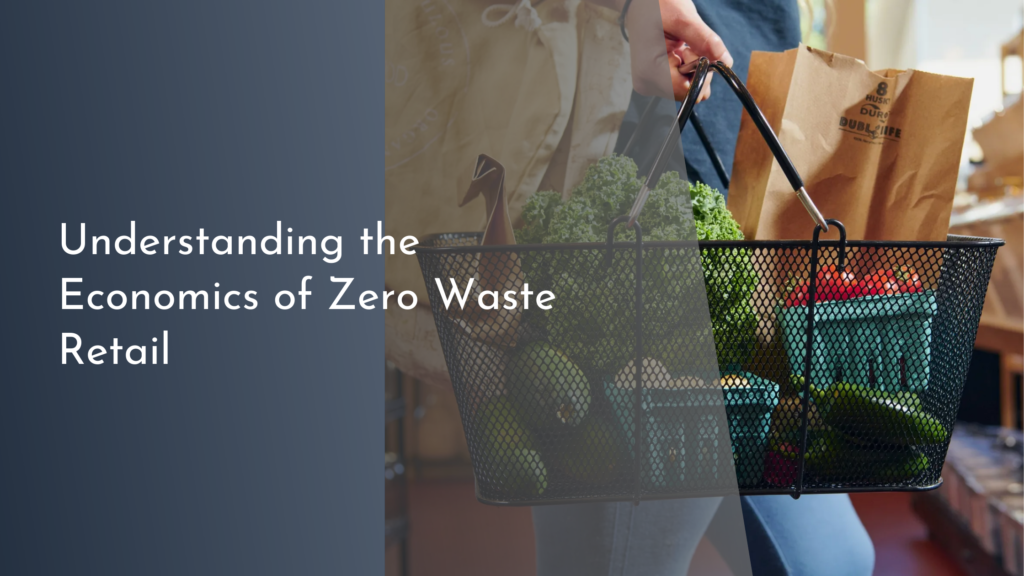Understanding Ingredients in Vegan Alternatives
As more people embrace veganism for its ethical, environmental, and health benefits, the market for vegan alternatives has flourished. These alternatives offer delicious substitutes for traditional animal-based products, but understanding the ingredients that go into them can seem daunting. This article delves into the world of vegan ingredients, helping you navigate this ever-growing landscape with confidence and joy. From basics to nutrition, we’ll explore how these components come together to create tasty and healthy options for every meal.
Exploring the Basics of Vegan Ingredients
Vegan products stand out primarily because they exclude all animal-derived ingredients, focusing instead on plant-based components. This transformation often begins with the use of plant proteins, which are extracted from sources like soy, peas, and lentils. These proteins not only imitate the texture of meat but also provide essential amino acids required for a balanced diet. Beyond proteins, vegan alternatives may also incorporate a variety of nuts, seeds, and grains to enrich the nutritional profile and add texture and flavor to the products.
Vegan alternatives also rely on natural thickeners and emulsifiers, such as agar-agar, carrageenan, and xanthan gum, to achieve the desired consistency and mouthfeel. These ingredients are derived from plants and algae, contributing to the product’s structure and stability. Sweeteners like agave nectar or maple syrup can also be found in vegan products, providing natural sweetness without the need for refined sugars. Understanding these basic components can help consumers make informed decisions and appreciate the complexity involved in crafting vegan foods.
Uncovering Common Plant-Based Components
Among the most common plant-based ingredients in vegan alternatives is tofu. Derived from soybeans, tofu is incredibly versatile and can be used in everything from savory dishes to desserts. It absorbs flavors well and can be cooked in various ways, making it a staple in vegan cooking. Another popular ingredient is tempeh, a fermented soybean product that boasts a firm texture and nutty flavor, often used as a meat substitute in countless recipes.
Legumes, such as chickpeas and lentils, are also frequently found in vegan alternatives. They are rich in protein and fiber, making them excellent additions to dishes like vegan burgers and meatballs. Furthermore, legumes are incredibly versatile and can be transformed into creamy spreads like hummus or used whole in salads and stews. With their high nutritional value and adaptability, legumes are a cornerstone of many vegan diets.
Nutritional Benefits of Vegan Alternatives
Vegan alternatives are not only compassionate choices but also come with several nutritional benefits. These products are often lower in saturated fats compared to their animal-based counterparts, which can aid in maintaining healthy cholesterol levels. Moreover, they are generally free from cholesterol entirely, as cholesterol is only found in animal products.
In addition to being heart-friendly, vegan alternatives are often rich in fiber, thanks to their plant-based ingredients. Fiber is essential for good digestive health and can help maintain a healthy weight. Many vegan products are also fortified with vitamins and minerals, such as vitamin B12, calcium, and iron, to ensure that those following a vegan diet receive adequate nutrition. With these benefits in mind, vegan alternatives can be a smart and health-conscious choice for everyone.
Making Informed Choices with a Cheerful Mindset
Choosing vegan alternatives can be a delightful adventure when approached with the right mindset. Educating oneself about the various ingredients and their benefits can lead to more informed decisions and a greater appreciation for the foods consumed. By exploring different products and experimenting in the kitchen, individuals can discover a wealth of new flavors and textures that make meal times exciting and satisfying.
Approaching veganism with positivity and curiosity can transform the shopping and cooking experience into an enjoyable journey. Retailers and online resources offer a plethora of information and inspiration, enabling consumers to learn and grow in their dietary choices. By embracing this cheerful mindset, one can not only make informed choices but also inspire others to explore the world of vegan alternatives with enthusiasm and confidence.
Understanding the ingredients in vegan alternatives opens up a world of possibilities for both seasoned vegans and those new to the lifestyle. By familiarizing yourself with the basics, uncovering common components, and recognizing the nutritional benefits, you can make informed choices that align with your values and health goals. With a cheerful and open-minded approach, the transition to or exploration of vegan options can be a rewarding and enriching experience. Whether you are driven by compassion, health, or culinary curiosity, vegan alternatives offer something delicious and beneficial for everyone.

